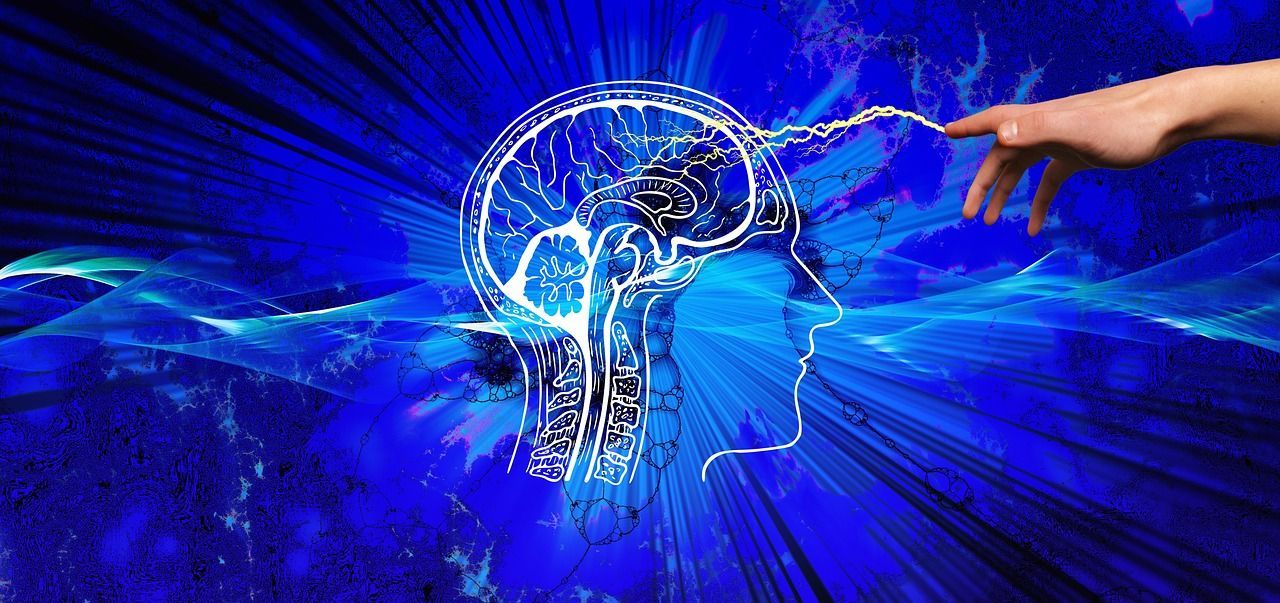Brainpower Boost Part 2: 8 Surprising Brain Health Triggers You Might Be Ignoring

About the Author
Ron B is a globally recognized expert in personal and professional development, holding multiple advanced certifications, including:
- Master Practitioner of NLP (MNLP): Expert in Neuro-Linguistic Programming, helping individuals rewire their thought patterns for success.
- Master NLP Coach (Executive & Life): Skilled in coaching executives and individuals to reach their full potential.
- Master Practitioner of Timeline Therapy™ (MTLT): Specializing in releasing negative emotions and limiting beliefs to foster a more empowered future.
- Board Designated Hypnosis Trainer (TCHt): Authority in utilizing hypnosis for transformation and behavioral change.
- Certified Value Builder: Proficient in enhancing business value and driving entrepreneurial success.
- International Tax Specialist: Knowledgeable in global tax strategies and financial planning.
With a deep passion for guiding people towards greater health and wealth, Ron B has dedicated their career to being a catalyst for change. They advocate for a shift from our current reactive sick care system to one of proactive care, empowering individuals to take charge of their well-being and financial future.
Through this blog, Ron B aims to share insights, strategies, and inspiration, helping entrepreneurs lead energized and lengthy lives that are fulfilling.
Brainpower Boost: 8 Surprising Brain Health Triggers You Might Be Ignoring
Beyond the Basics of Brainpower - Activate, Adapt, and Age Bravely!
If you caught Part I of our brain health series, Brainpower Boost: 8 Hacks to Outsmart Aging and Keep Your Mind Sharp, you already know how movement, rest, and intentional living help preserve and power up your cognitive function. In this next stop on the Longevity Train, we’re diving even deeper. From overlooked medical factors to surprising biological influences, these are the brain health triggers you might be ignoring—and shouldn’t. Ready to get smarter about your future? Let’s get aboard The Longevity Train and learn more about becoming the CEO of your health.
1. Hormonal Changes: The Quiet Shift
Hormones aren’t just for puberty or pregnancy—they play a big role in how your brain functions as you age.
- Estrogen protects memory and supports neural circuits—especially important during and after menopause.
- Testosterone decline in men can contribute to mood dips, brain fog, and reduced focus.
- Cortisol, your stress hormone, when chronically elevated, erodes memory and executive function.
🚉 Your Vitality Hack: If you’re over 40, consider a hormone panel review with a functional medicine provider.
Brainy Wisdom: Brain fog during menopause or andropause isn’t “just aging”—it’s biology in flux. Balance your hormones, and you may just balance your brain.
2. Inflammation & Oxidative Stress: The Brain’s Silent Agitators
You can’t see inflammation—but your brain feels it.
- Chronic inflammation is a key driver in conditions like Alzheimer’s and Parkinson’s.
- Oxidative stress damages neurons over time, disrupting communication and memory.
Boost your defense with:
- Anti-inflammatory foods: Turmeric, leafy greens, berries, and omega-3s
- Antioxidants: Resveratrol, CoQ10, vitamin C and E
🚉 Your Vitality Hack: Swap one processed meal a day for a colorful, plant-rich option .
Insider Tip: Your brain is on fire—or at least it can be. Lowering inflammation through food and lifestyle can cool things off and keep cognition crisp.
3. Cognitive Reserve: Your Brain’s Secret Backup Plan
Think of cognitive reserve as your brain’s flexibility to adapt and reroute under pressure.
- Built through lifelong learning, problem-solving, and engagement in mentally complex activities.
- People with high reserve show fewer symptoms—even with signs of brain aging on scans.
🚉 Your Vitality Hack: Take on a mental challenge weekly—crossword, chess, new course, or a deep book.
Fun Thought: Your brain loves challenges. Try learning chess, playing a new instrument, or even navigating a new city solo. It’s mental resistance training.
4. Environmental Toxins: The Hidden Hazards Around You
What you inhale or ingest may quietly impair your cognition.
- Heavy metals (lead, mercury), mold, pesticides, and air pollution have all been linked to neurological decline.
- Toxins can disrupt neurotransmitters and increase inflammation.
🚉 Your Vitality Hack: Get your home tested for mold if you’ve had leaks or unexplained symptoms. Use air purifiers in urban areas.
Bonus Tip: Still using non-stick pans from the ‘90s or have a musty basement? Your brain might be absorbing more than memories—time for a toxin audit!
5. Hearing Loss: The Brain Drain You Didn’t See Coming
It’s not just about missing conversations—hearing loss can shrink brain volume over time.
- Studies show it accelerates cognitive decline and dementia risk.
- Hearing strain also increases cognitive load, tiring your brain faster.
🚉 Your Vitality Hack: Book a hearing test—especially if you’re over 60 or notice you're tuning out more often.
Brainy Wisdom: Don’t ignore the “what did you say?” moments. Protecting your hearing is protecting your memory—get it checked yearly.
6. Medications & Polypharmacy: The Double-Edged Sword
Many prescriptions help the body but hurt the brain.
- Sedatives, sleep aids, and anticholinergics can impair memory and slow processing.
- The risk rises with multiple medications interacting at once.
🚉 Your Vitality Hack: Ask your doctor or pharmacist for a "brain-safe" review of your current meds.
Insider Tip: Some meds may dull your brain quietly over time. Bring your full medication list to your next doctor’s appointment and ask, “Is this still necessary?”
7. Loneliness & Depression: The Emotional Cost to Cognition
Social media isn't connection. Chronic loneliness alters your brain chemistry—and not in a good way.
- Loneliness is as harmful as smoking 15 cigarettes a day when it comes to long-term health.
- It increases risk of cognitive decline, anxiety, and poor sleep.
🚉 Your Vitality Hack: Schedule weekly in-person connection—coffee with a friend, a community event, or volunteering.
Heartfelt Reminder: Connection is more than company—it’s cognitive fuel. Text a friend, join a club, or say yes to that invite. Your brain will thank you.
8. Genetics & Epigenetics: You’re Not Doomed by DNA
Your genes are your blueprint—but lifestyle is your architect.
- Carrying the APOE4 gene may increase Alzheimer’s risk—but exercise, diet, and stress reduction influence how that gene expresses.
- This is the promise of epigenetics: that your choices can rewrite your biological story.
🚉 Your Vitality Hack: Take control of the 3 biggest epigenetic influencers: movement, mindset, and meals.
Smart Shift: our genes aren’t your fate—they’re your blueprint. Your lifestyle? That’s the architect. Choose habits that help your brain express its best.
🚉 Final Thoughts: Brain-Aware, Age-Aware
Your brain isn’t just aging—it’s adapting. However, only if you give it the right conditions to thrive.
The lesser-known brain threats can sneak up on even the healthiest people. That’s why understanding the full picture—hormones, hearing, toxins, and more—gives you the edge.
The bottom line: It's not just what you do—it's what you might be missing that shapes your cognitive future. These surprising, often-overlooked factors can either quietly erode your brainpower or become your secret weapons for staying sharp, grounded, and vibrant.
Want to personalize your longevity journey?
Take inventory. Stay curious. Be proactive. Whether it’s checking your hormones, filtering your air, or reigniting your sense of purpose, the upgrade is always available. Your brain is listening—give it something worth responding to.
Book A Vitality Session now
and uncover the hidden habits, exposures, and routines that could be holding you back.
Get your FREE Guide to Graceful Aging - 6 Tips To Avoid Red Face Moments, by clicking on the button below.







Energized Aging For Entrepreneurs




